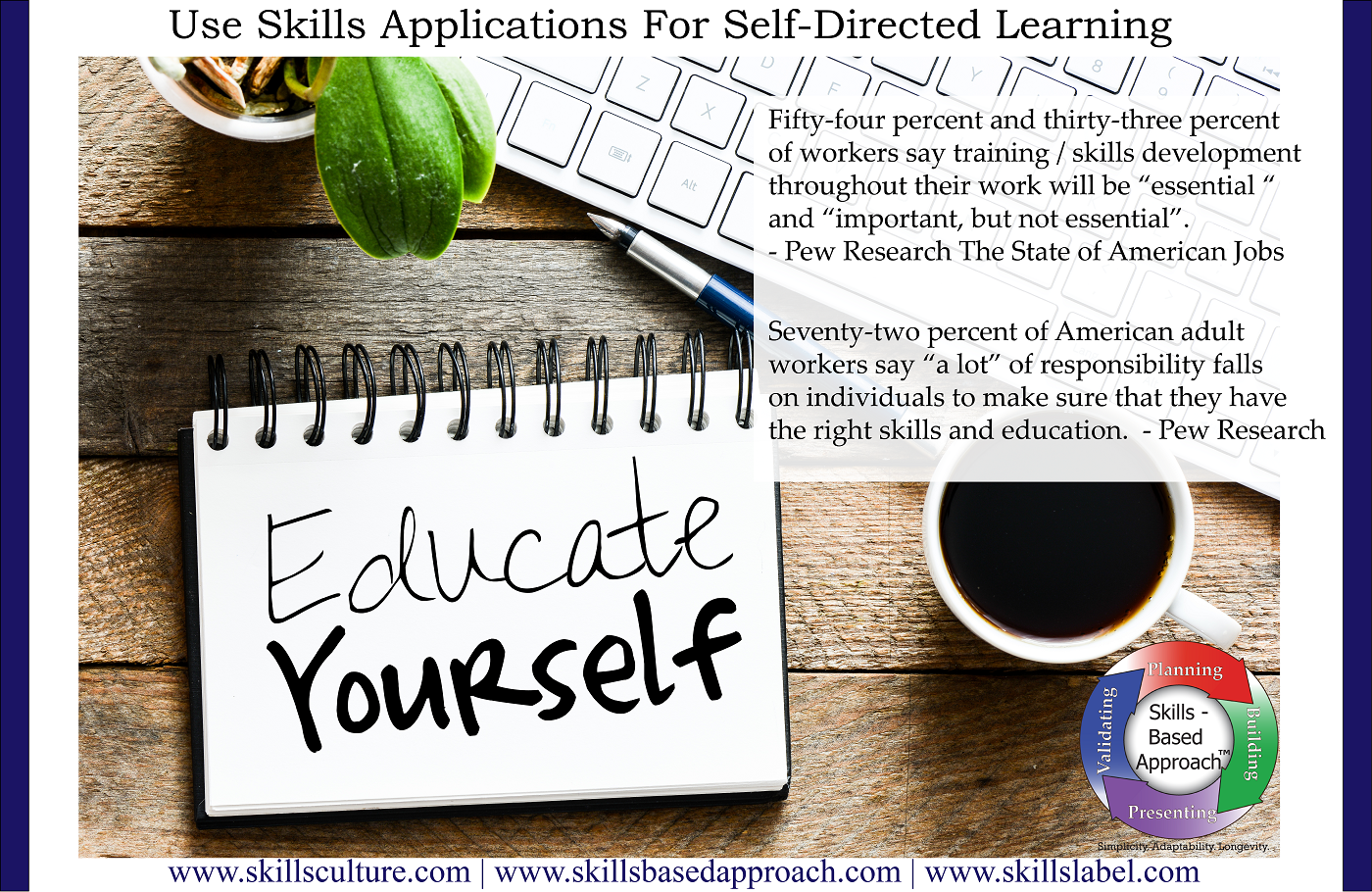Satisfying to see an article by the Wall Street Journal speaking to a white collar and hoodie (techie) apprenticeship and highlight a fifty percent increase in apprenticeships this decade – the same period I have been proposing the Skills Based Approach methodology.
I would argue that higher education forced companies to create these programs by not offering more agile programs. The credit hour system is dated. Skills are more practical. I believe higher education will start introducing more agile pathways as the traditional two- and four-year degrees get replaced. Some of them already are with micro-credentials.
I think these types of apprenticeship open the door to a larger social economic pool. While getting into a top 100 college or university deserves merit and access to these “white-collar industries” (companies mentioned in the article include JP Morgan, IBM, Alphabet, Accenture PLC, etc.), so might a person who beats adversity or is a late bloomer.
While I get the traditional argument for the two- and four-year degrees like the one mentioned in the above-mentioned article, I would downplay these degrees prepare student with lifetime skills simply because I do not think any learning really accomplishes this!
Shelf life of forty-two percent of required skills expires in less than five years - 2018 Future of Jobs
Keeping skills relevant is up to the worker whether this is through an apprenticeship, training, or self-guided learning. If I were making the argument for these degrees, I would emphasize making connections and lifelong friends, access to alumni network, vast resources and infrastructure of these institutions, and a personal maturation process.
As I said earlier, higher education institutions will adopt more responsive pathways where learners are able pivot. Degrees will endure, but there will also be alternative learning pathways. But let’s think in skills rather than a dated credit hour system.
College students face constant pressure to choose and pursue a degree, often requiring a minimum of two years and a job track defined by the degree. This is usually a top-down process based on an accreditation, degree, and policy defined by the college or university. I argue:
Students are unaware of what skills they are learning, their progress in acquiring them, the employability of them, and general usefulness of them. Therefore, cannot control their learning path nor make informed decisions (and pivot).
While the automation of jobs from AI is documented and observed for more than a decade now, I think the release of the chat boxes and generative AI around the New Years holiday last year was a real wakeup call to the public – a chat box programs code, writes a college essay, and is successful on the LSAT. There are so many implications for high school or college students, many of them could be very debilitating. (College students might ask themselves) Will there be a job as programmer, social media consultant, or legal researcher when I graduate?
Higher education institutions remain a pillar of our society and pursuit of knowledge. But I think they should align more closely with companies and think in skills.
Recently I was granted a patent for a system and method for the tracking and management of skills (Skills Label). A goal of the framework is to empower learners and workers to stay constantly aware of the skills they are learning, their progress in acquiring them, and making decisions along their learning pathways whenever possible – the ability to pivot and stay relevant.
